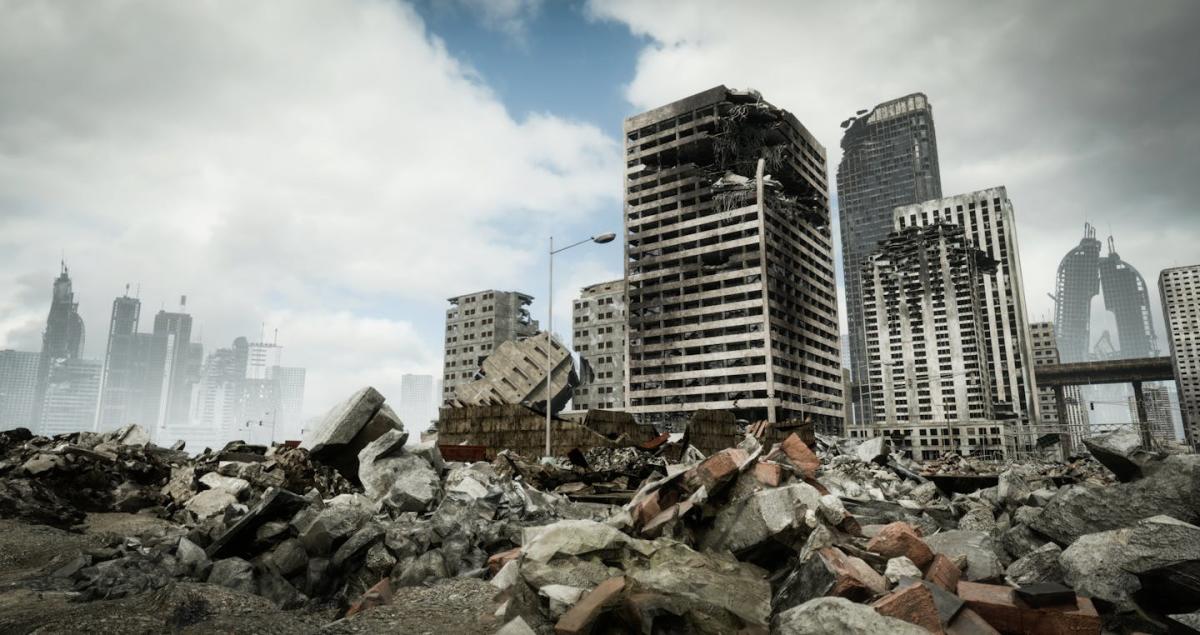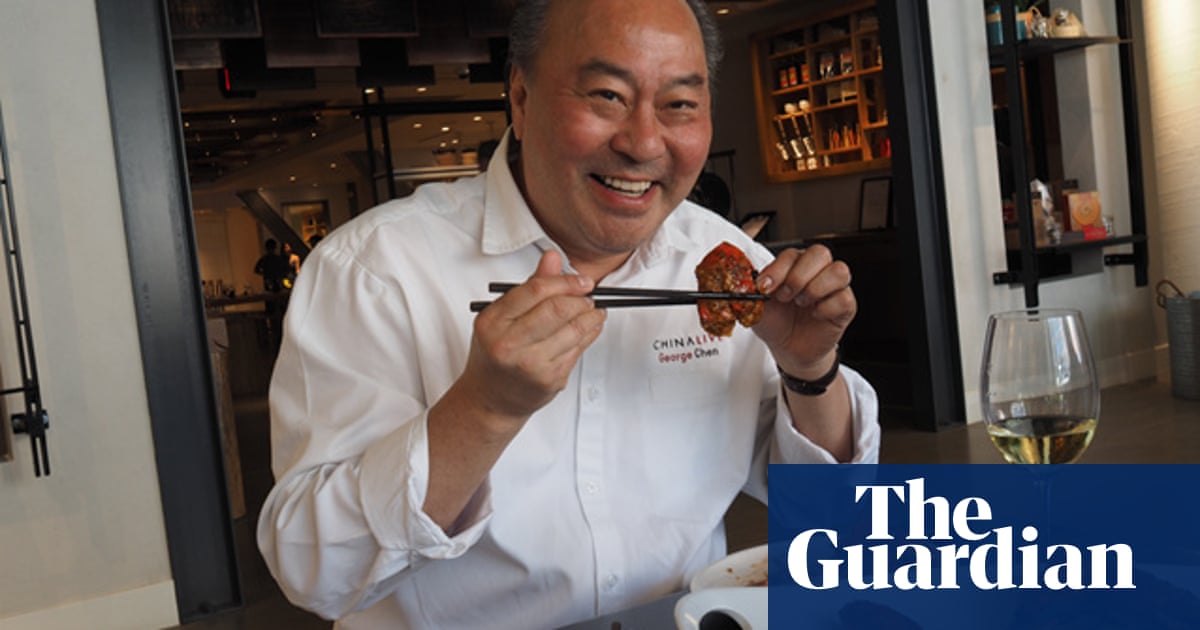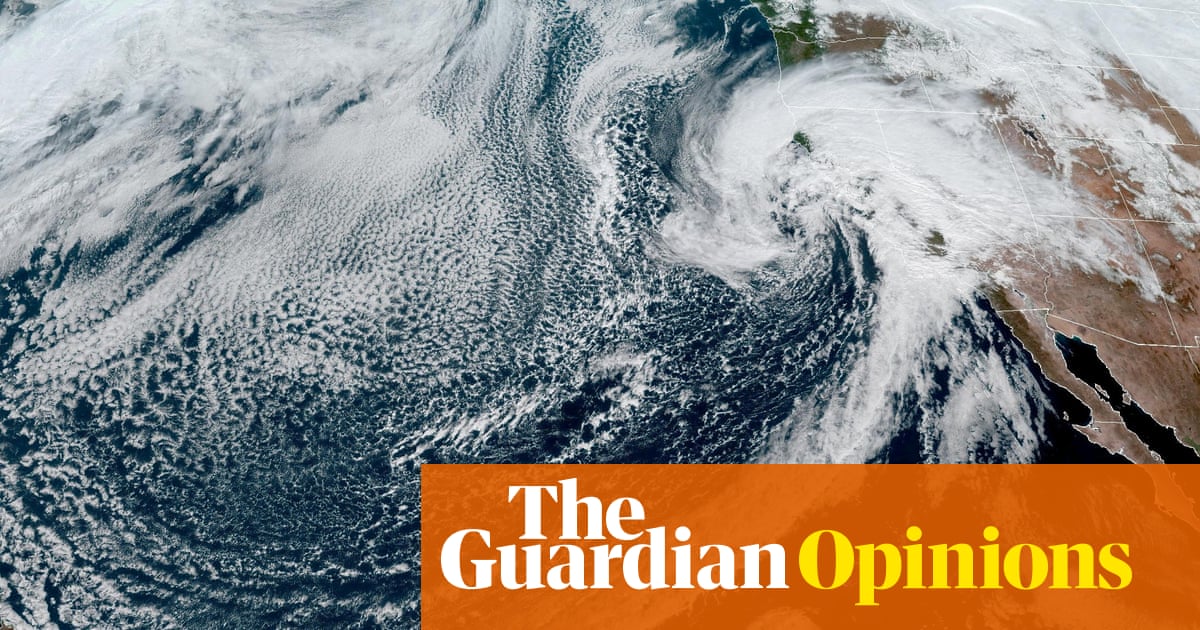A groundbreaking microscope at Harvard Medical School could lead to breakthroughs in cancer detection and research into longevity. But the scientist who developed computer scripts to read its images and unlock its full potential has been in an immigration detention center for two months — putting crucial scientific advancements at risk.
The scientist, the 30-year-old Russian-born Kseniia Pertova, worked at Harvard’s renowned Kirschner Lab until her arrest at a Boston airport in mid-February. She is now being held at ICE’s Richwood Correctional Center in Monroe, Louisiana, and fighting possible deportation to Russia, where she said she fears persecution and jail time over her protests against the war in Ukraine.
Petrova’s case and the detention of academics across the country has damaged the ability of universities in the United States to recruit and retain leading talent, experts and Petrova’s colleagues said. In fields where expertise is often highly specialized, the loss of talent could have dire consequences globally for the future of medicine and scientific discovery. Scientists and faculty members are planning to leave institutions across the country, legal experts said, because they’re worried that their visas could be revoked or that they could be swept up in immigration actions.
“I would call it a grinding machine,” Petrova, who spoke with NBC News from the Louisiana facility, said about being detained. “We are in this machine, and it doesn’t care if you have a visa, a green card, or any particular story. ... It just keeps going.”
Petrova’s first immigration court hearing in Louisiana is scheduled for Tuesday morning. Her lawyer, Gregory Romanovsky, said that they expect to have more information on her asylum case after the hearing.
Dr. Leon Peshkin, a principal research scientist at Harvard’s Department of Systems Biology and Petrova’s manager and mentor, received a call from Customs and Border Protection on Feb. 16 after agents detained Petrova at Logan International Airport in Boston for failing to declare samples of frog embryos to be used in scientific research.
“We just got a call saying, ‘She’s denied entry. That’s all we can tell you to protect her privacy,’” he said. Peshkin added that the caller didn’t disclose Petrova’s whereabouts, leaving him scrambling to track her down.
Romanovsky said that CBP typically imposes two penalties for such customs violations: the forfeiture of the items and a fine, usually around $500, and that “for a first-time violation, the fine is typically reduced to $50.” Instead, officials canceled Petrova’s J-1 scholar visa.
“It appears to be part of a broader effort to create an unwelcoming and hostile environment for noncitizens,” Romanovsky said.
A DHS spokesperson told NBC News on Monday that Petrova had been “lawfully detained after lying to federal officers about carrying substances into the country.”
“They asked if I have any biological samples in my luggage. I said yes,” Petrova said before describing her confusion over procedures and an interrogation by Customs and Border Patrol officers.
“Nobody knew what was happening to me. I didn’t have any contact, not to my lawyer, not to Leon, not to anybody. And the next day, they didn’t say what would happen. I was waiting in a cell,” she said.
Kseniia Petrova.
Peshkin said international researchers have become increasingly worried in response to the Trump administration’s aggressive approach to illegal immigration. When asked whether he’s concerned that these policies might discourage other international scientists from coming to Harvard, he said: “I’m not concerned that it may. I am horrified that it does.”
“It’s already having an effect. I hear from many colleagues that people who were planning to stay have changed their minds because they need to travel,” Peshkin said, adding that scientists often attend conferences around the world to present their research and share knowledge.
A recent survey by the scientific journal Nature revealed that 75% of the 1,600 scientists surveyed were considering relocating to Europe or Canada, citing actions taken by President Donald Trump. Separately, a tracking database from Inside Higher Ed shows that, as of April 18, more than 240 colleges and universities have reported that over 1,550 international students and recent graduates have had their legal status changed by the U.S. State Department.
About 180 international students have filed 28 federal lawsuits seeking to regain their Student and Exchange Visitor Program status or U.S. visas, Inside Higher Ed reports. A lawsuit filed by international students, among them Ph.D. candidates in STEM fields, on April 15 argues that recent visa terminations are “arbitrary, capricious, and contrary to constitutional right, power, privilege, or immunity.” The plaintiffs argue that the sudden policy changes threaten their academic and professional futures.
Harvard recruited Petrova about two years ago. She graduated from the prestigious Russian Physics and Technology Institute and came highly recommended, Peshkin said. She also attended the same high school in Moscow that he did, a place he describes as being for “people who are usually selfless, devoted, fanatic scientists, ascetics.”
“These are people who aren’t in science to make money. They’re in science because they feel it’s their mission to understand how nature works and find cures,” Peshkin said.
Peshkin immediately saw this quality in Petrova’s devotion to her work and her willingness to go beyond computational science, which was what she was recruited to do. He explained that their lab’s research “requires a unique set of skills because you have to both be able to work as an embryologist and do applied math, modeling, data analysis and bioinformatics — all in one package.”
When asked how many people in his lab could do all of that, he said simply: “That was only her. It was only her.”
Others echoed that sentiment. Dr. William Trim, a postdoctoral fellow who is a co-worker and housemate of Petrova, underscored her irreplaceable role in their research project using the one-of-a-kind microscope. Petrova developed the computer scripts to analyze the 100,000 images contained in the microscope.
“I’m very confident she is the only way we can achieve the true potential of this microscope and the insights we could make,” Trim said. “Without her, I fully believe that all the insights into cures or fundamental biology that we could make will not be made.”
Trim visited her at the correctional center in Louisiana. He recently sent her biology books upon request, so she can study while in detention. He, like others, described her as uniquely dedicated to her work.
Petrova doesn’t see herself that way — she’s just passionate about the work and her team, and told NBC News in interviews over video link that she thinks the job at the Kirschner lab was “a miracle.”
In 2021, after earning her master’s, Petrova was recruited by Dr. Konstantin Severinov, a prominent Rutgers molecular biologist, for a genome-sequencing project in Moscow. “She’s a very talented scientist with huge potential … the capacity to be the best of the best,” he said.
When asked about her political activism, Petrova said that she believes there “should be democracy in science,” and that America was a “beautiful place” where people can express themselves freely.
“I don’t want to hide my political opinion,” she said. “If you want to say something against Putin, there is no way you won’t be in prison. There is no way you won’t be arrested.”
Trim and a growing number of international scientists are increasingly worried by how immigration policies are being enforced in the United States. Meanwhile, he and his colleagues anxiously await Petrova’s fate.
“We really don’t know if we’re ever going to see her again,” he said, “because if they deport her to Russia, we may never see her again.”
This article was originally published on NBCNews.com

 German (DE)
German (DE)  English (US)
English (US)  Spanish (ES)
Spanish (ES)  French (FR)
French (FR)  Hindi (IN)
Hindi (IN)  Italian (IT)
Italian (IT)  Russian (RU)
Russian (RU)  14 hours ago
14 hours ago






















Comments